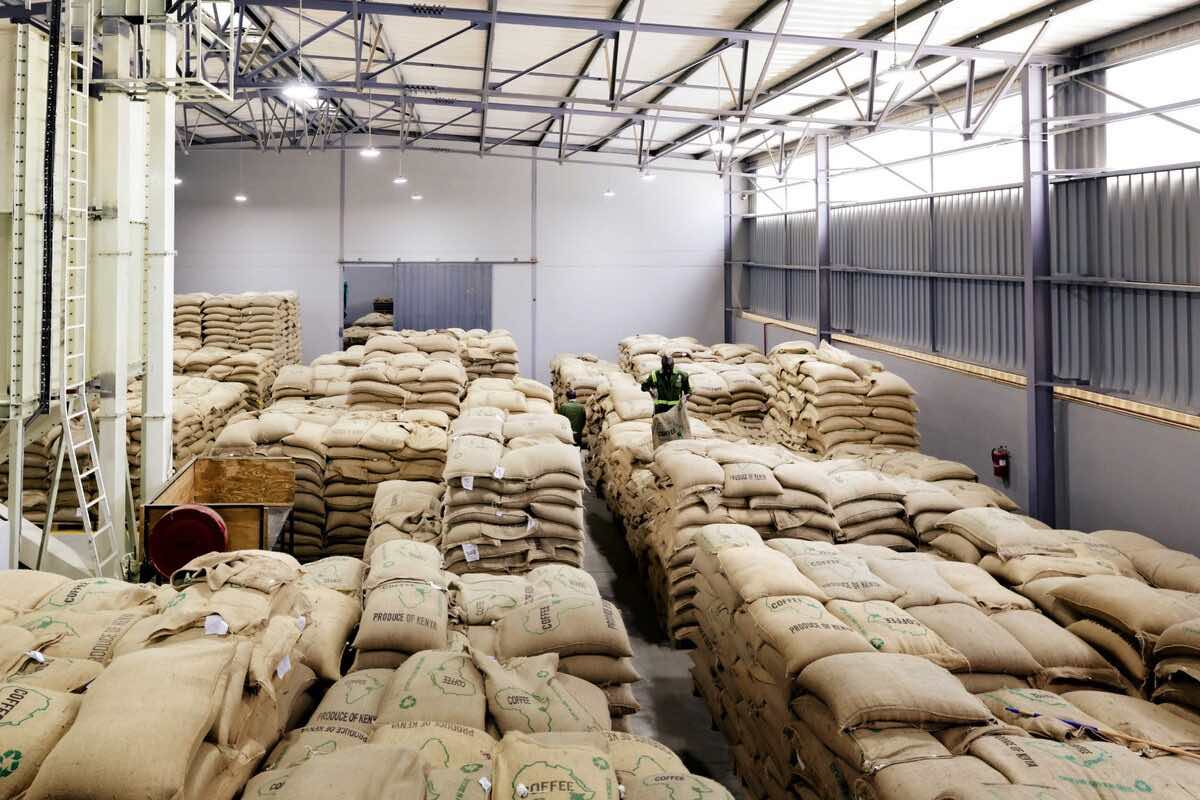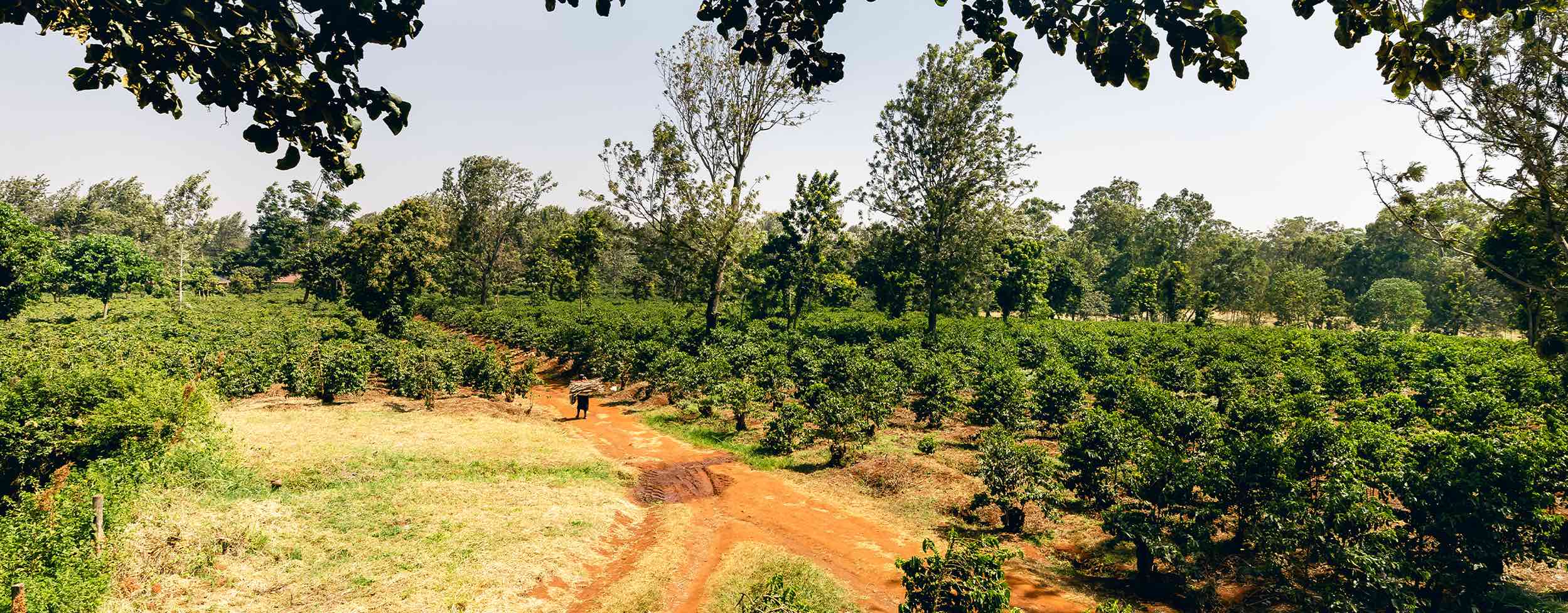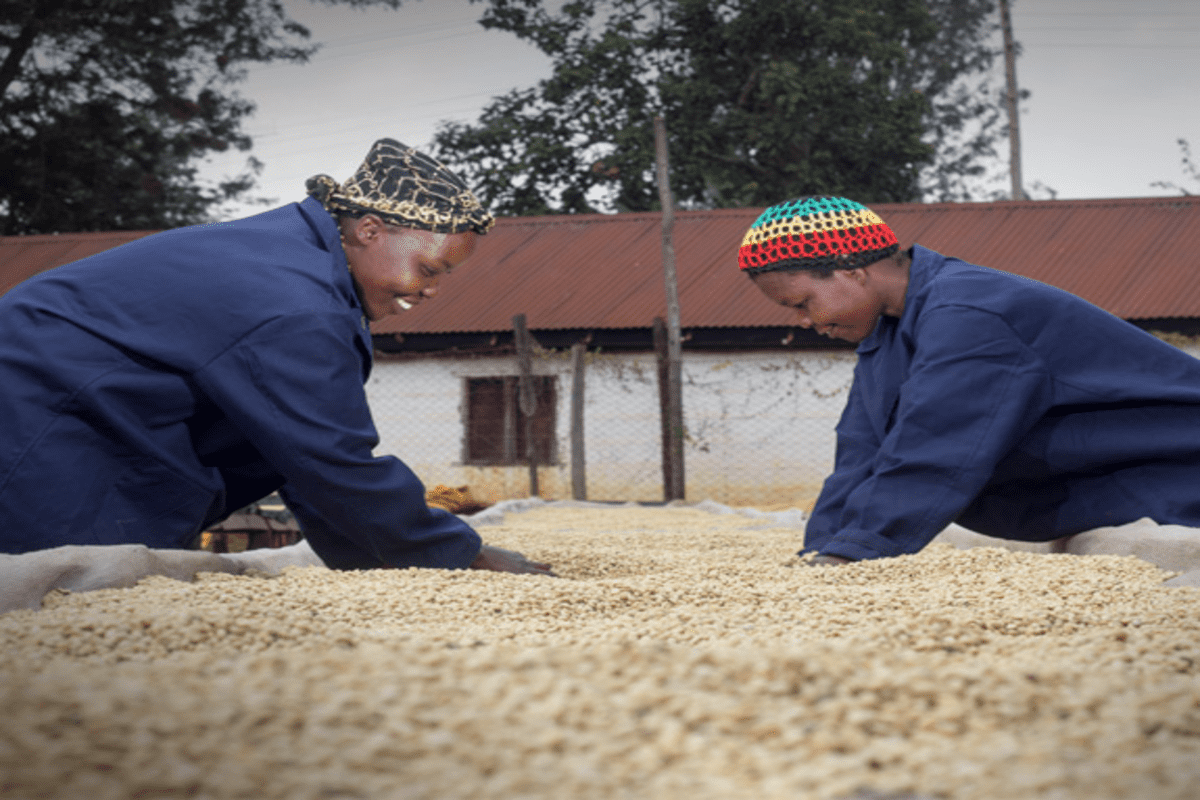
Direct Trade – The Promise and Reality
The Promise and Reality of Direct Trade
In the world of specialty coffee, the concept of direct trade has long been hailed as a beacon of transparency and fairness. Yet, despite its noble intentions, the reality often falls short, with many transactions still heavily reliant on intermediaries. But at Servicoff Limited, we’re spearheading a new approach to direct trade—one that truly empowers both producers and roasters while cutting out unnecessary costs and complexities.
The Emergence of Direct Trade: A Response to Intermediaries
Direct trade emerged as a response to the shortcomings of traditional intermediaries, which often led to opaque pricing, lack of transparency, and exploitation of producers. Coffee roasters championed the idea, believing that by forging direct relationships, they could ensure fair compensation for farmers and higher-quality beans for consumers.
Challenges of True Direct Trade: Logistics, Quality Control, and Financing
However, the initial optimism surrounding direct trade soon gave way to practical challenges. Logistics, quality control, and financial risks associated with international trade proved daunting for many roasters. Completely bypassing intermediaries seemed like an ideal solution, but it posed its own set of challenges, particularly in terms of financing and transaction management.
Servicoff Limited’s Approach: Empowering Producers and Roasters
At Servicoff Limited, we understand the importance of true direct trade, where both producers and roasters have greater control over the entire process. We’ve recognized the need for a more flexible approach—one that allows for autonomy and transparency while mitigating the risks associated with cutting out middle organizations.
Motivations for Cutting Out Intermediaries: Avoiding Finder’s Fees
One of the primary motivations behind bypassing intermediaries is to avoid the hefty finder’s fee typically associated with traditional trade models. This fee, while covering essential services like matchmaking and logistics, adds significant costs for both parties involved. In times of economic uncertainty, avoiding this fee becomes increasingly appealing for producers and roasters alike.
Addressing Challenges: Collaboration and Expertise
However, navigating the complexities of international trade requires expertise and resources that many roasters may lack. Likewise, producers face challenges in marketing, distribution, and quality control when seeking direct partnerships with roasters in consuming countries.
A Circular Model of Direct Trade: Facilitating Relationships
To address these challenges, Servicoff Limited is pioneering a more circular model of direct trade. We’re facilitating direct relationships between producers and roasters while leveraging the expertise of third-party service providers for finance, paperwork, and logistics.
By delegating specific tasks to service providers, both parties can focus on what they do best—producing exceptional coffee and delivering memorable experiences to consumers. This approach fosters greater transparency, sharing of costs, and control over the entire supply chain.
The Benefits of Servicoff Limited’s Approach: Transparency and Control
At Servicoff Limited, we’re committed to restructuring the coffee supply chain by embracing true direct trade. While challenges remain, the growing movement towards direct relationships between roasters and producers signals a promising future for the industry—one where ownership and profit are distributed more equitably across the supply chain.
Supporting a Fairer Coffee Industry with Servicoff Limited
Join us on this journey as we redefine the coffee experience, one direct trade partnership at a time. With Servicoff Limited, you’re not just getting great coffee—you’re supporting a more sustainable, transparent, and fairer coffee industry for all.





